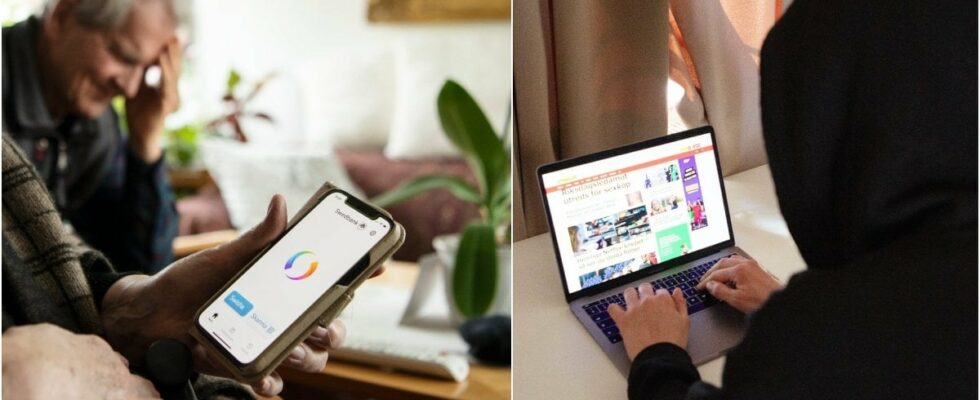The rapid development of artificial intelligence (AI) has made it easier for fraudsters to create fake hotel ads, where travelers believe they are booking accommodation through legitimate platforms such as Booking.com or Airbnb.
In fact, the money goes straight into the scammers’ pockets, without any real booking. In the worst case, the criminals can also gain access to the travelers’ accounts and drain them of money.
Travel companies and security experts are now sounding the alarm about a sharp increase in scam ads on popular travel sites, where fraudsters are using AI to trick travelers.
According to Marnie Wilkinghead of security at Booking.com, the number of AI-generated fake ads has increased sharply in the past year:
– Those behind this absolutely use AI to generate attacks that imitate real email better than anything else they’ve done so far, she explains in an interview with BBC.
READ MORE: Hotel guest? You should watch out for that – affects 1 in 10
Photo: Press image, AirTours.
Increase by 900 percent
The fake ads are so well made that it has become difficult to distinguish them from genuine offers. The fraud trend is also becoming more common and, according to Marie Wilking, it is about an increase of 500 to 900 percent over the past 18 months.
– The increase started shortly after chat GPT was launched, says Marnie Wilking to the BBC.
Although Sweden has not yet seen the same extent of AI-generated fraud as abroad, the National Police Fraud Center warns that the phenomenon may reach Sweden with some delay, it reports Lifestyle.
To protect yourself from being deceived by fake ads and manipulated images, there are several precautions you can take, including checking the hotel via Google street view.
DON’T MISS: One million Swedes are warned – can be cheated of a five-figure sum
Fake photos and fake dream destinations
It is not only hotel advertisements that are affected. AI is also used to manipulate images and create dreamlike destinations that do not match reality. Aftonbladet’s travel expert Lottie Knutson has drawn attention to the problem and emphasizes that it is a “significant problem” for the travel industry.
– Several industry representatives have testified about disappointed customers and a concern about the development because the AI images are becoming increasingly difficult to reveal. It is also a problem that so many private individuals and influencers share the fake images on social media, Knutson told The evening paper.
Despite the many threats, travel sites are also using AI to counter fraud. Booking.com has started implementing AI to identify and remove fake ads from its platform. However, with the increasing sophistication of fraudsters’ methods, it is important that travelers remain vigilant.
READ MORE:
This is how the fraudster can strike – if you have this mobile phone
Police Warning – If You’re Going to Buy This: “Be Careful”
